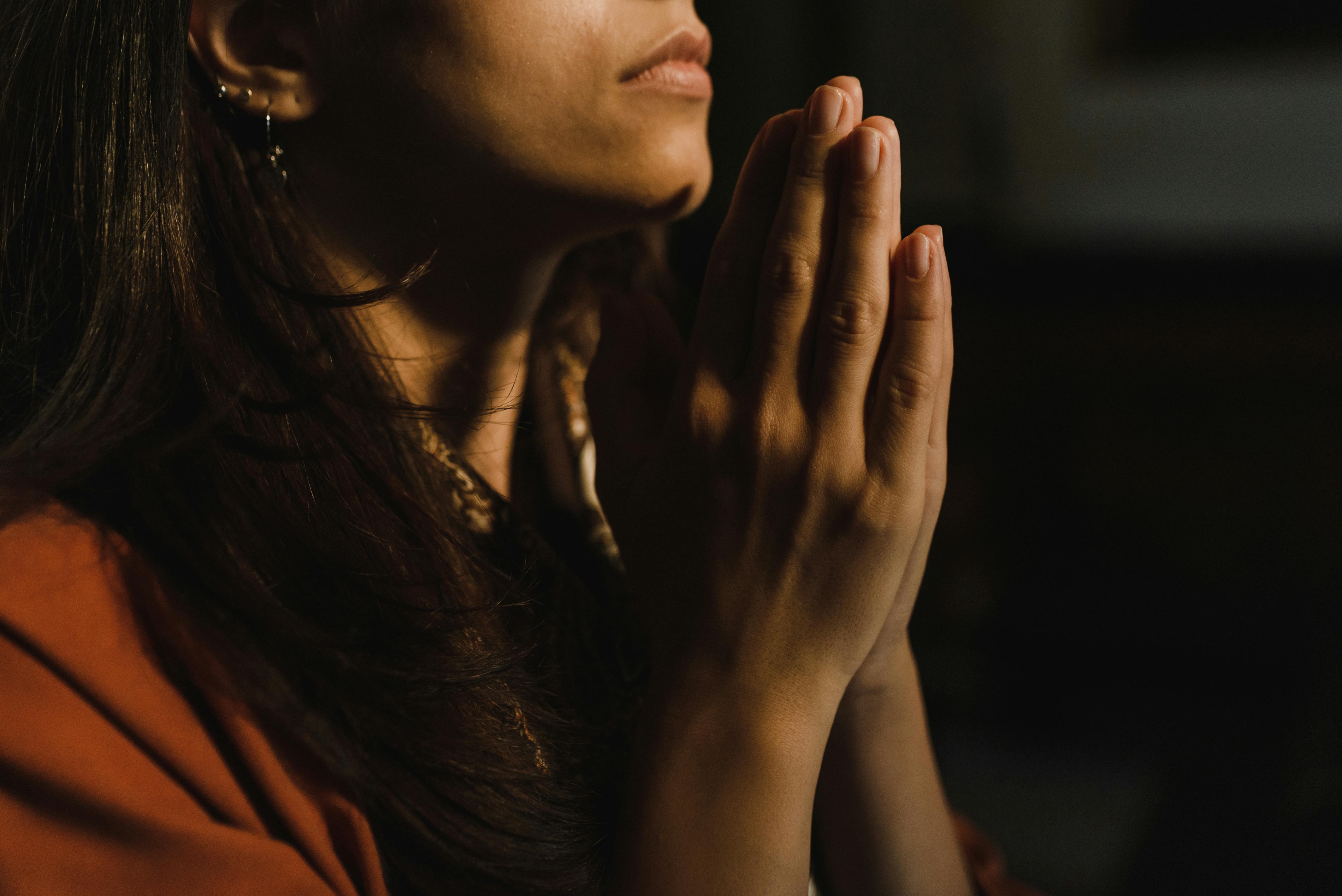4 Gospel Truths About Repentance From Hosea

What comes to mind when you hear the word “repentance”? My guess is that the Old Testament book of Hosea doesn’t top the list. But among the many godly prayers of repentance in Scripture (e.g., Ezra 9:4–15; Dan. 9:3–19; Ps. 51), Hosea 14:1–3 stands as a climactic and potent model of a genuine return to God:
Return, O Israel, to the LORD your God, for you have stumbled because of your iniquity. Take with you words and return to the LORD; say to him, “Take away all iniquity; accept what is good, and we will pay with bulls the vows of our lips. Assyria shall not save us; we will not ride on horses; and we will say no more, ‘Our God,’ to the work of our hands. In you the orphan finds mercy.”
Unlike the other descriptive prayers in the Old Testament, these verses outline what has been called a “liturgy of repentance” for God’s people. As we read this liturgy, we see at least four realities regarding true repentance to comfort believers with gospel hope.
1. Repentance Is God’s Invitation
The book of Hosea isn’t hesitant to expose the people’s sin (1:2; 4:1–3; 7:2). Though replete with announcements of sin and judgment, it concludes with a climactic invitation to return for those who have “stumbled because of [their] iniquity” (14:1). God has no illusions about the condition of his people, yet he graciously welcomes them.
Do you see God’s kindness in this call to return? He doesn’t require us to clean ourselves up to merit an invitation. Indeed, the only kind of people who can come to God are those who recognize their sinfulness and hear the voice of their Savior.
If you feel burdened and weighed down by your sin today, take comfort. Hosea reminds you that God delights when sinners like us draw near to him. Jesus came to call not the righteous but sinners to dwell with him (Mark 2:17).
2. Repentance Looks to God’s Character
This liturgy teaches us that repentant people come to God on his terms. The Old Testament emphasizes the need for the removal of his people’s iniquity (Lev. 16:21–22). More specifically, the appeal for God to “take away [nśʾ] all iniquity” (Hos. 14:2) draws upon God’s very character as revealed in Scripture: “a God merciful and gracious, slow to anger, and abounding in steadfast love and faithfulness, keeping steadfast love for thousands, forgiving [nśʾ] iniquity and transgression and sin” (Ex. 34:6–7).
The only kind of people who can come to God are those who recognize their sinfulness and hear the voice of their Savior.
God’s response to the confession further underscores who he is: “I will heal their apostasy; I will love them freely. For my anger will have turned from him” (Hos. 14:4, my trans.). God is the healer and life-giver (Ex. 15:26; Deut. 32:39), he’s sovereignly free (Ps. 115:3), and he can and does transform the internal spiritual state of his restored people (Hos. 2:17, 19–20; Ezek. 36:26–27).
Before anything else, repentance is about agreeing with God about who he is, who we are, and how we can be restored to a right relationship with him.
3. Repentance Is Comprehensive and Communal
The liturgy demonstrates the comprehensive scope of genuine repentance. In Hosea 14:3, the prophet commands Israel to turn away from every dimension of their former idolatry.
They must renounce their external political idolatry (“Assyria shall not save us”; see 5:13; 7:11; 8:9; 12:1), their trust in their own military prowess and security (“We will not ride on horses”; see 8:14; 10:13; Isa. 31:1; Ps. 33:17), and their worship that violates the Creator-creature distinction (“We will say no more, ‘Our God,’ to the work of our hands”; see Hos. 8:4–6; 13:2). By renouncing every former object of misplaced trust, the people acknowledge that apart from their God’s fatherhood, they’d be like orphans without hope.
True repentance isn’t satisfied with generalities but names the specific sins in our lives that Christ nailed to the cross. This repentance extends beyond a singular moment of confession. As Martin Luther said in the opening of his Ninety-five Theses, “The entire life of believers [should] be a life of repentance.” Hosea’s liturgy puts flesh on the bones of the prayer Jesus taught us: “Forgive us our sins, for we ourselves forgive everyone who is indebted to us” (Luke 11:4).
True repentance isn’t satisfied with generalities but names the specific sins in our lives that Christ nailed to the cross.
If we truly repent, it’ll affect our relationships with those around us (1 John 1:7). Sinners rightly reconciled to God can confess their sins to one another in community and be healed (James 5:16). A right relationship produces the kind of humility that seeks peace with our neighbors (Matt. 5:23–24; Rom. 12:18). Repentance unto salvation fosters a life characterized by ongoing repentance, both private and public.
4. Repentance and the Family of God
At its heart, the book of Hosea reveals the stunning transformation of God’s household. Those once declared “not [God’s] people” are dramatically renamed “children of the living God” (Hos. 1:10; see 2:23; Rom. 9:25–26). This transformation is realized through repentance.
As those made wise for salvation through faith in Jesus Christ (2 Tim. 3:15), all who formerly stumbled over the righteous ways of God are invited to walk in the way of Christ (Hos. 14:9; John 14:6), the messianic King (Hos. 1:11; 3:5; 14:7). And through this divine gift of repentance, those who were spiritual orphans find not just temporary shelter but permanent belonging in the forever family of God (John 14:18).
Popular Products
-
 Put Me Down Funny Toilet Seat Sticker
Put Me Down Funny Toilet Seat Sticker$33.56$16.78 -
 Stainless Steel Tongue Scrapers
Stainless Steel Tongue Scrapers$33.56$16.78 -
 Stylish Blue Light Blocking Glasses
Stylish Blue Light Blocking Glasses$85.56$42.78 -
 Adjustable Ankle Tension Rope
Adjustable Ankle Tension Rope$53.56$26.78 -
 Electronic Bidet Toilet Seat
Electronic Bidet Toilet Seat$981.56$490.78